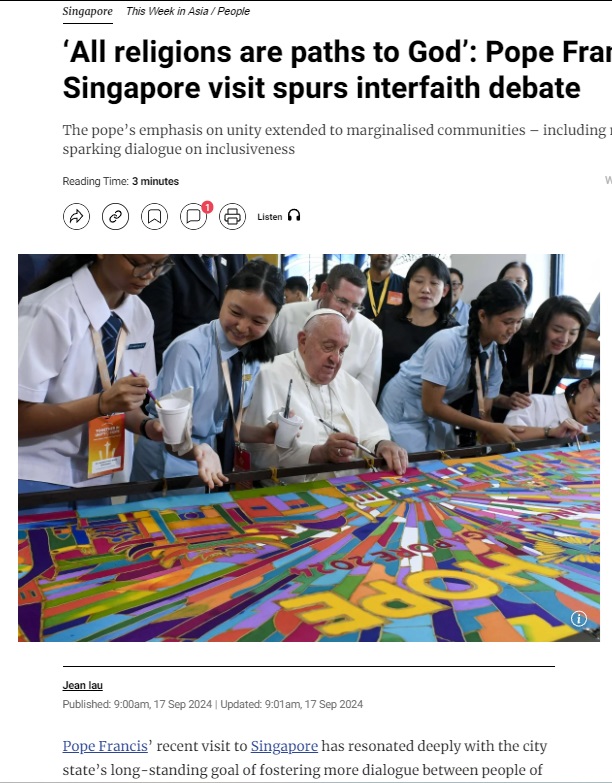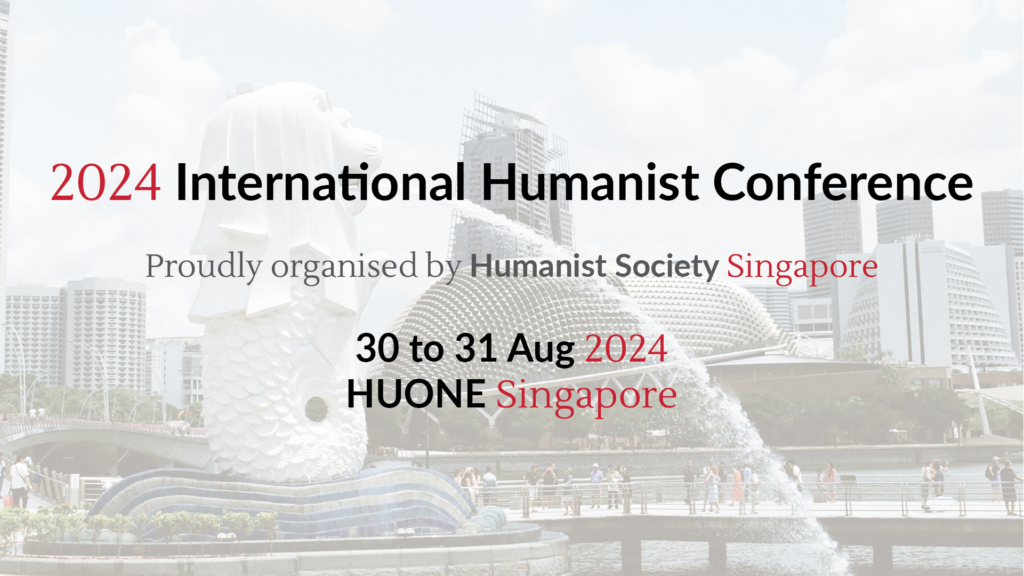These are updates from Hanging Out with Humanists from Sep 2024 to Jan 2025, starting from the most recent.
Jan 2025
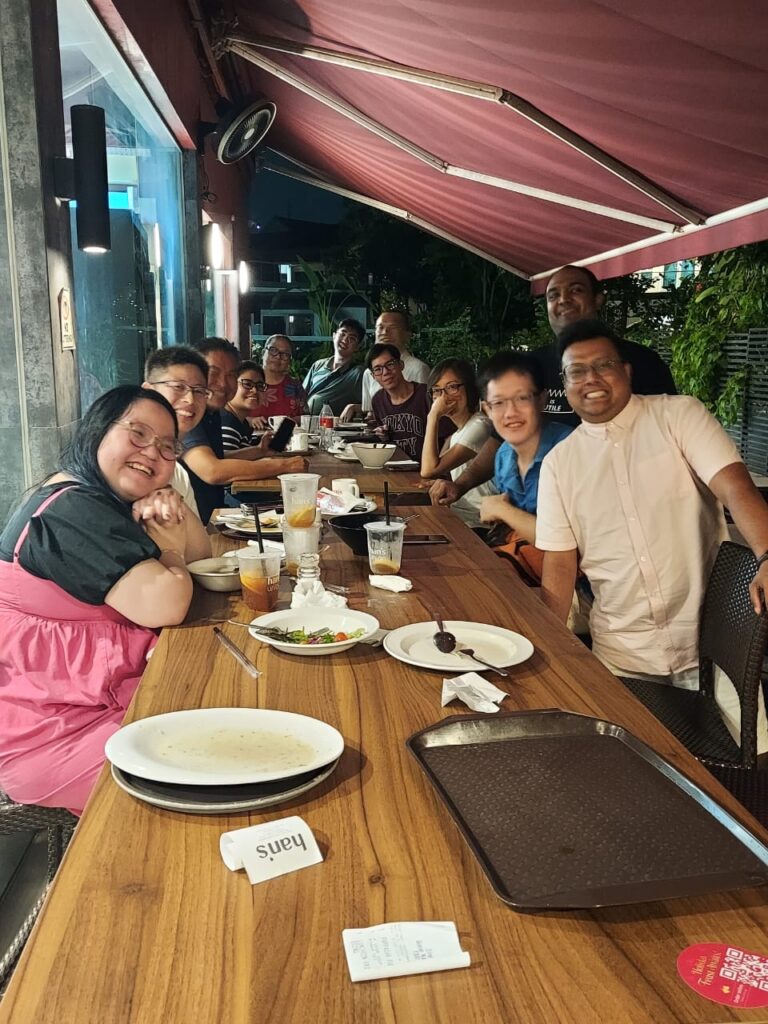
Eugene’s Rare Appearance and The Case of the Empty Plates!
On 04-Jan-2025, our hangout session got a delightful twist when our revered veteran, Eugene, graced us with his presence. Although he pops in only once in a blue moon, when he does, his wise words and cheerful vibes remind us that our society is on the right track.
Joining our usual merry band—and a few eager newcomers—everyone gathered for an evening of hearty laughs, thoughtful advice, and a touch of mystery. Speaking of mystery, if you took a peek at the group photo and wondered where everyone went, fear not! The empty plates on display are not evidence of a ghost town but a clever nod to our camera-shy members, who prefer to let the plates (and their appetites) do all the talking.
A big shout-out to Eugene for the nuggets of wisdom and to everyone who made this session unforgettable. Until next time—keep the empty plates ready for more fun and unexpected appearances!
Dec 2024
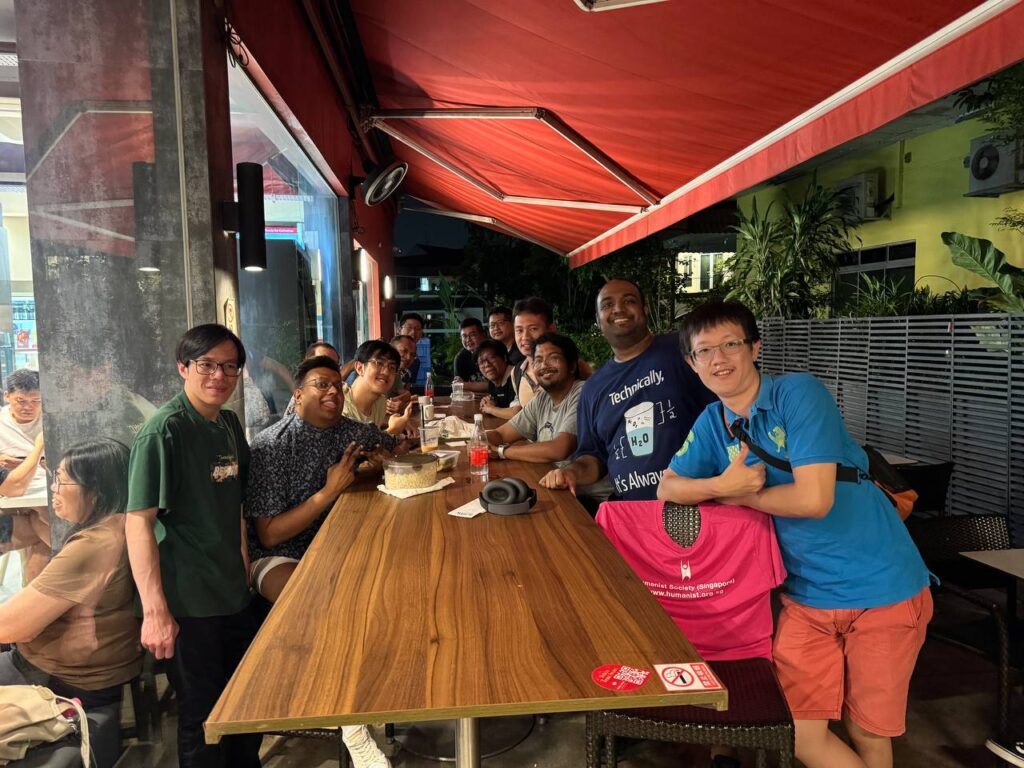
December was our last hanging out session of the year at Han’s Union in Springleaf, and it was a pleasure to welcome several new faces to our circle. As always, the conversation was delightfully loud and full of laughter — just the way we like it! The energy in the room was tangible, and it was wonderful to see newcomers quickly feel at home among us.
We’ll continue to make Han’s Union our go-to hangout spot for as long as they’ll have us. It is also in a convenient location, close to the MRT and bus stations, making it easy for anyone to pop by without fuss. On top of that, the food there is both tasty and reasonably priced, and the friendly staff often let us claim our usual corner to ourselves. It’s the perfect backdrop for our lively discussions and good-natured banter.
If you haven’t joined any of our socials yet, we’d love to see you at our next gathering. Bring your curiosity, your sense of humor, and be ready for some engaging conversations with fellow humanists. We’re always eager to meet new people and share ideas in a fun, relaxed atmosphere!
Nov 2024
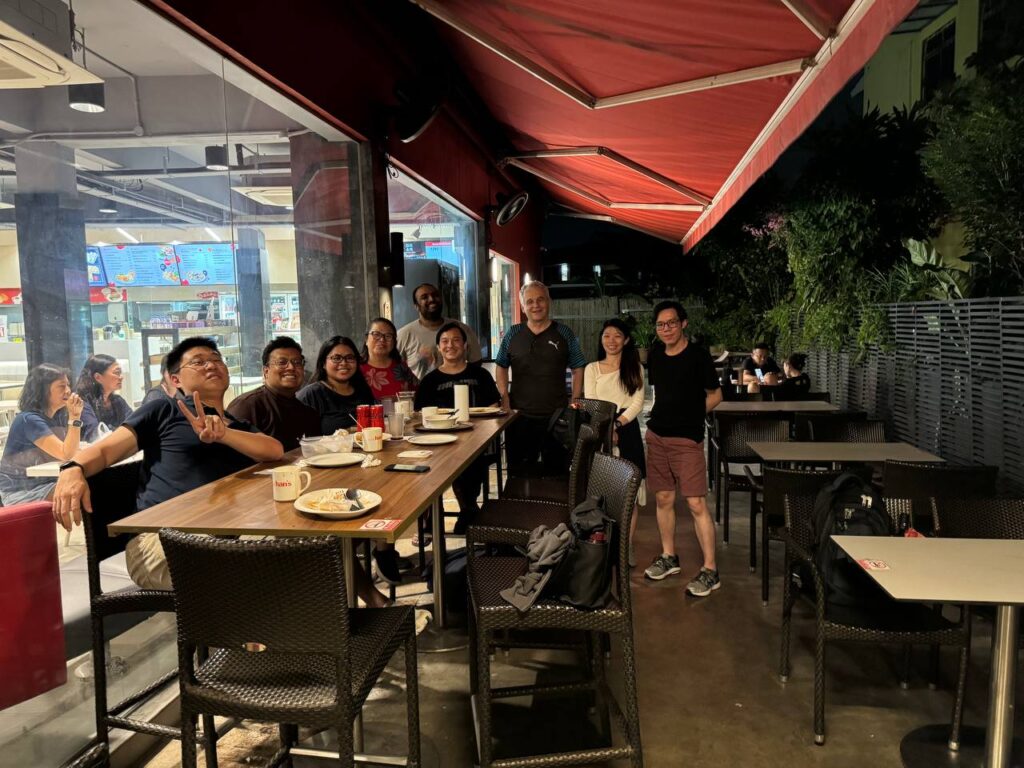
We had our regular crew plus two new faces, who were brave enough to join us. As always, the night was a perfect mix of laughs, chatter, and just enough decorum to remind us we’re not a stand-up comedy club… yet!
Oct 2024
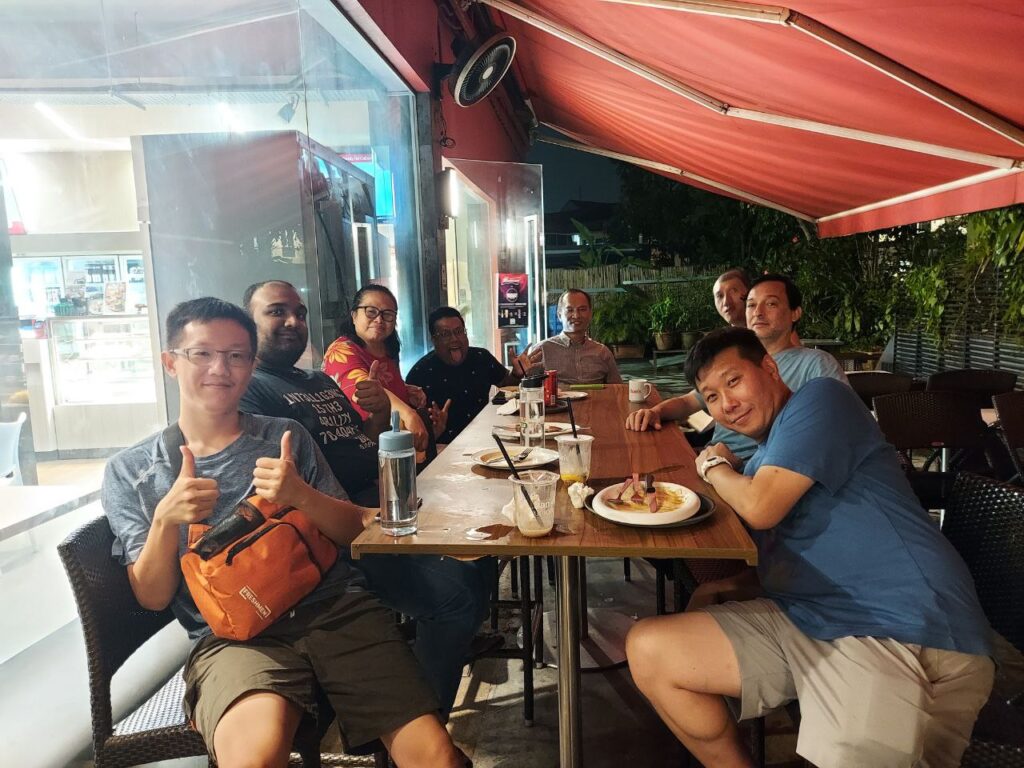
We welcomed our regulars alongside four new guests, including two ladies – one an expat opera singer, who surprised us with a beautiful rendition of The Name of the Rose theme. True to our lively spirit, the night was filled with laughter and good company, as usual, but with that signature dose of respect for all!
Sep 2024
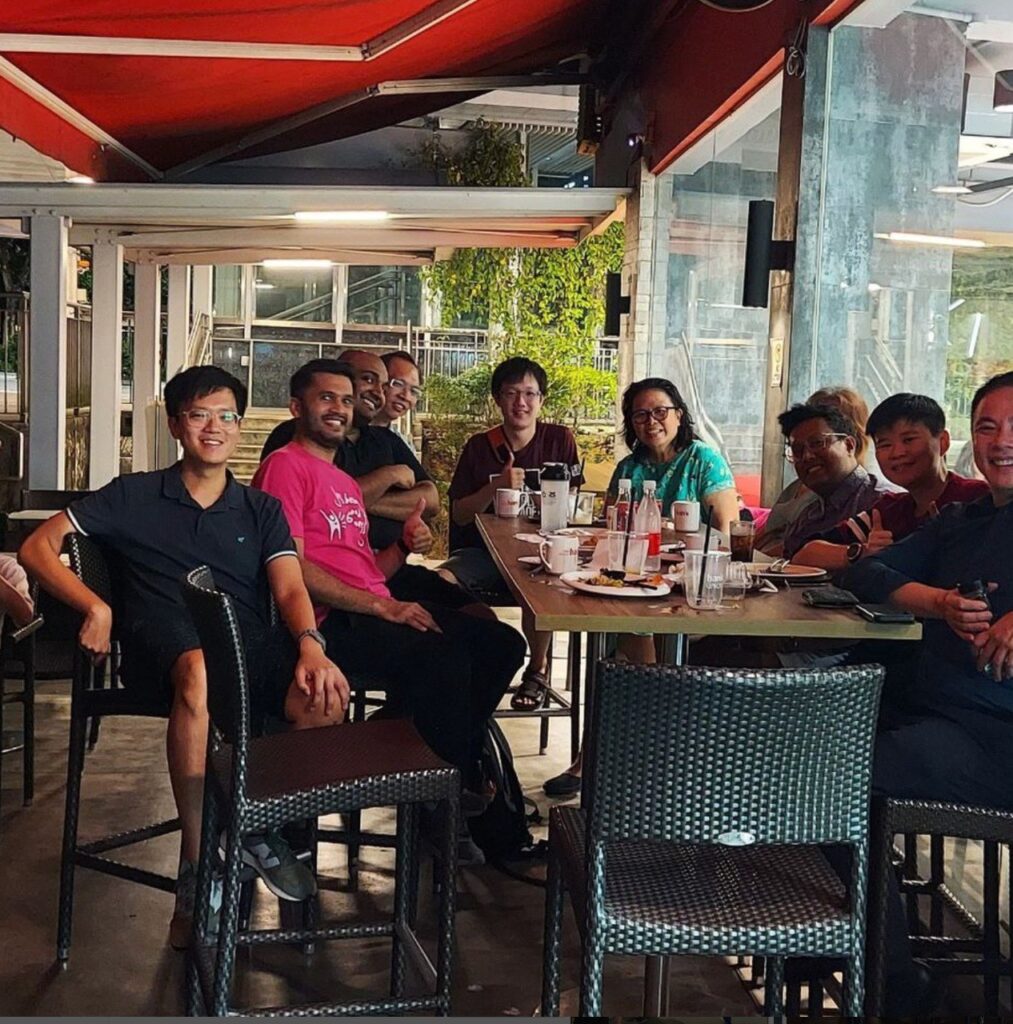
September’s Hanging Out with Humanists session was a lively gathering as always, with the usual crowd joined by two new faces. One was a familiar friend of HSS, resurfacing after a two-year hiatus, and the other was a newcomer curious to learn more about who we are and what we do. We spent some time explaining our society’s work and values to her.
As always, the chatter was loud and enthusiastic, with our signature pink T-shirt draped over a chair, signaling our presence. The discussions covered the conference that was held in August with a briefing for those who couldn’t make it, and a buzz of excitement around our Anniversary and Appreciation Dinner on 26-Oct-2024. Look out for this announcement!
The topic of the night? The Pope’s visit—yes, even Humanists get excited about that! Meanwhile, another group engaged in a serious debate about the truth: the ultimate truth versus the perceived truth.
It was another memorable evening of connection, conversation, and, of course, a lot of laughter.




